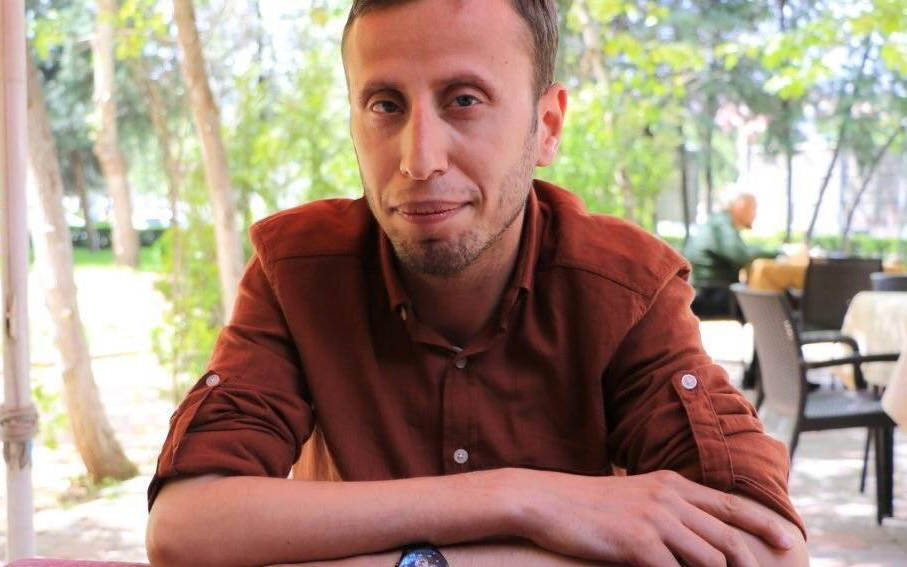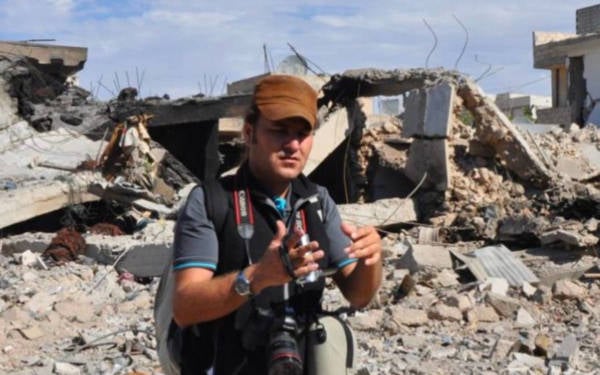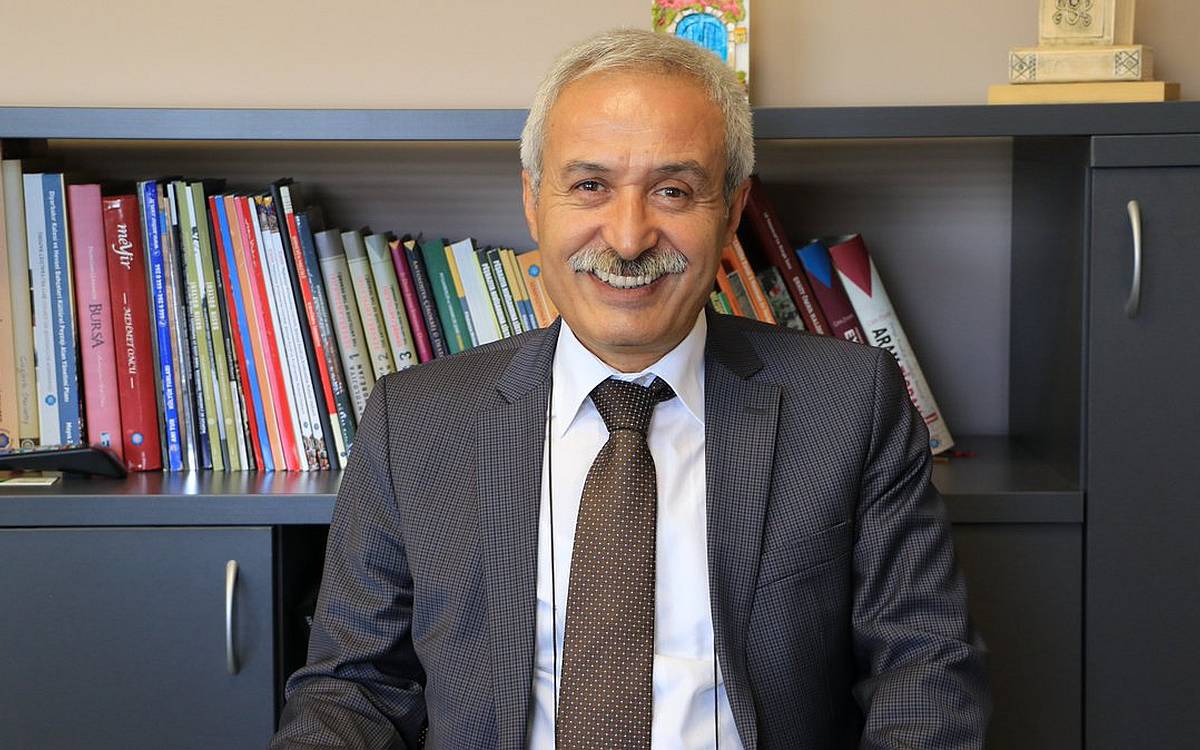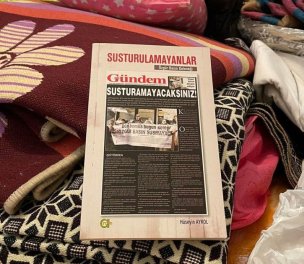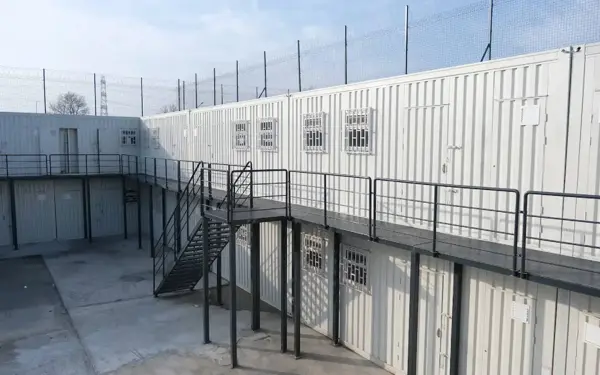On April 25, the police conducted raids in 21 provinces across Turkey, primarily centered in Diyarbakır. Over 150 individuals, including journalists, politicians, artists, and representatives of civil society organizations, were detained, with arrest warrants issued for over 200 individuals. These operations targeting Kurdish-focused organizations continued until early May.
Some 50 of those detained were subsequently arrested on charges of being members of an organization. Behind these arrests and detentions stood a singular name: Ümit Akbıyık.
Akbıyık's name surfaced not only in the detentions and arrests of journalists, politicians, artists, and civil society representatives but also in the refusal to release Selçuk Mızraklı. Lawyer Baver Mızrak is among the legal representatives of those who have been arrested and faced trial. According to Mızrak, Akbıyık provided statements for 669 individuals over a span of 32 hours between January 10th and January 12th at the Diyarbakır Police Department.
An identification every three minute
In essence, Akbıyık managed to give statements and make identifications every 3 minutes, without sleep, breaks, or meals during this time. Mızrak emphasizes the impossibility of remembering the names and surnames of 669 individuals, suggesting that this hints at the files being prepared in advance by the police.
Mızrak raised a question about the initiation of Akbıyık's statement-giving process during a trial. According to Akbıyık, he voluntarily went to the Police Department. There was no period of detention for him. Furthermore, based on Akbıyık's narrative in court, he first gave statements and then conducted identification processes.
Akbıyık claimed he could remember all these names because he clarified with the police beforehand that he would become a confessing witness. However, the wording of Akbıyık's statements, starting with "You asked me..." in the official records, raises suspicion, indicating that the files were possibly prepared by the police in advance.
In one of the trials, Mızrak asked Akbıyık about his lawyer, but he received no response due to the court blocking the question. Subsequently, Mızrak officially requested the court to hear Akbıyık's lawyer. However, this request was rejected.
In the later stages of the process, Akbıyık added new names to those he had incriminated in June and August, surpassing 800 individuals against whom he gave statements.
Constantly moving around
An intriguing aspect of the case is that individuals influenced by Akbıyık's statements had their trials connected through the Audio and Visual Information System (SEGBİS).
According to Mızrak, Akbıyık participates in trials from different cities, including Ankara, Eskişehir, and Kastamonu, indicating that the police consistently move him around.
A noteworthy detail mentioned by Mızrak is that although Akbıyık usually speaks in a regional and imperfect Turkish dialect, his statements during the trials are exceptionally precise, suggesting he is speaking in the language of official records. This implies the possibility of being provided with the statement records before the trial.
As for why Akbıyık's name is not kept confidential, Mızrak explains that the statements of confidential witnesses alone cannot be used as grounds for punishment, as indicated by the decisions of the Constitutional Court. However, when the witness is open, the situation becomes more tangible, justifying the decision not to conceal Akbıyık's identity. (HA/VK)






